Yeah, stomach cancer sounds heavy. No one wants to deal with that. And yet… here we are. Scientists recently dropped a reality check: up to 75% of the 12 million stomach cancer cases over the next decade could be traced back to a single bacteria – the sneaky H. pylori. This isn’t some science fluff. It’s stuff that affects real people. Like you. Like me. Like your uncle who brushes off heartburn as “just getting older.” Let’s un-pack this together – no jargon, just plain talk.
Here’s the catch: H. pylori infections are way more common than you think. And they’re not always aggressive. They’re the kind of infection that gets silently beaten with a pill regimen and a lifestyle switch-up. Now, before you freak out about another “monster under the bed” health warning, hear me out. I’m not here to scare you. I’m here to light a match so you can actually see what’s real and what’s myth. Tuning in late? No problem. This post walks you through everything – from why H. pylori matters to the exact habits you should (and shouldn’t) worry about.
The Silent Intruder: When Stomach Bacteria Go Rogue
Let’s break it down – and fast. Picture your stomach lining as a VIP lounge. H. pylori? Total gatecrashers. They sneak in, typically during childhood, and stir up chronic inflammation without giving you a heads-up. Most people live their whole lives unaware of their uninvited guests. But over 10, 20, 30 years…? Boom. Cells start misbehaving. DNA mutates. And eventually, those gatecrashers raise the red flag: stomach cancer. Noisy, yeah – but early signs often get the code “not urgent” in your body’s internal inbox.
What does H. pylori actually do to your gut?
Simple answer: troubles. It doesn’t just cause stomach ulcers or mild indigestion. It alters the inner lining over decades – quietly. Most people never feel a thing until symptoms get weirdly specific… like losing weight even though you’re eating more, or black stool that smells like steel. The thing is, H. pylori’s damage is preventable if you catch it. Like finding a termite problem in your house before it eats the structural beams. Fixable. Treatable. Avoidable.
3 Key ways H. pylori messes with your system
So what’s the worst it does?
- Chronic inflammation – because when you’ve got a long-time infection, your stomach cells keep fighting. And over time? DNA starts glitching.
- Atrophy – when the stomach lining slowly wears down, making it easier for off-menu growths to crash the place.
- Low gastric acid – yeah, ironic. The same acid that helps kill digestion””””
The “Not-So-Common” Symptoms of Stomach Cancer
Hear me out: most of us ignore those stomach twerks. Cramps? Probably period or spicy food. Bloating? Probably lactose intolerance. But when symptoms persist? When they come with strange details like weight loss, metallic-tasting blood, or a tumor you can see after vomiting? That’s when alarms get real.
Wait, are these the early stomach cancer signs?
I’m going to let a stomach cancer survivor show you what it looks like in real life. Ralph Lilja, a 57-year-old Kansas rancher, started getting exhausted after chores he’d done since he was a kid. Weight dropped. Appetite vanished. His regular doctor chalked it up to “aging,” then a blood test revealed anemia from internal bleeding. Turns out? A tumor was making a mess inside.
How do early stomach cancer symptoms actually hit?
It’s not always a flood – it starts as quiet leaks. Things like:
- Feeling full after two bites of food
- That “heartburn” that won’t quit off Protonix or Nexium
- Unexplained fatigue – like you didn’t catch zzz’s even after a full night
- Bloating that feels like you’re inflating inside
Comparison: Common acid reflux VS stomach cancer symptoms
| You might shrug this off | When it’s time to see a doctor |
|---|---|
| Heartburn after eating chili | Heartburn tweaking after every meal (even if it’s toast) |
| Bloating after Mexican fiestas | Bloating + unintentional weight loss = red flag |
| Mild pain under the ribs | Pain + vomiting blood. Stop shrugging – see a specialist. |
What Causes Stomach Cancer Besides H. pylori?
Alright, let’s level: H. pylori isn’t the only guest at the cancer party. Other stuff shows up too. Like smoking. Like stuffing excessive pickled foods into your gut. Like weird gene mutations that give your cells post-its like: “grow at lightning speed.”
Did smoking actually change someone’s stomach cancer odds?
It doubled Ralph’s risk. And Paul Mansfield, MD, confirmed that smokers are two times more likely to develop this disease. That’s not a theory. That’s a lifestyle multiplier. If you’re scrolling here with a cigarette between your fingers, yeah – this is your pause for thought.
Quick guide to risky everyday choices
From mayo clinic and cancer.org’s wrap-up, here’s what makes stomach cancer less unlikely:
- Smoking (duh, but yeah – still a top modifiable risk)
- Heavy alcohol (it affects your upper GI tract) as much as cigarettes in some studies
- Junk food! Or, “Low-fiber and high-sodium” meals you scarf whenever convenience wins
Is your ethnicity or family history silently increasing your risk?
Hard truths: men > women. East Asian, Eastern European, and Latin-American folks > others. If dad had stomach cancer before 60? Or there’s the CDH1 gene floating in your DNA? Cut straight to screening. Levi from Japan – where 52% of new gastric cases are tied to H. pylori – tells me, “My mom had it, so age 35, I started temping for early endoscopies. Learned to live with a suspicious stomach. Early damage control made a ton of difference.”
Prevention Over Panic: Who Benefits from Screening?
Let’s defend against invaders first. Whoever’s reading this at age over 50? Or uncle with a Japanese grandfather? Don’t shrug off “Indigestion.” Simple screening prevents almost 75% of future cases, especially in ethnic subgroups. Japan and Sweden already rolled out endoscopy campaigns decades ago, and the stats show the drop.
Are early detection programs working?
Cleveland Clinic’s 2024 review says YES. Their teams ran a 10-year pilot where high-risk folks (smokers, East Asian descent, chronic gastritis) had upper endoscopy done annually. Result? They caught 33% more tumors before spreading could happen. Yeah – early catch matters. Even if you’ve ignored symptoms for years, “quick under-the-radar checks” can turn the tide.
Stomach cancer screening methods – at a glance
Here’s who needs what, according to current guidelines:
| Screening method | Who they’re for | Frequency |
| Endoscopy with biopsy | People over 50 | High-risk ethnic groups | ≤3rd-degree family history | Every 3 years for non-urgent markers, immediate for red-flag symptoms |
| Stool antigen test (SAT) | Low-risk population for ulcer now but showing irregular digestion | Annually (if part of prevention strategy) |
New Treatments and Why Hope Exists in 2025
Keep breathing. From targeted drugs that zero in weaknesses to breakthroughs in screening methods – doctors are learning to dance around individual biology now. And here’s the deal: survival numbers? Way better than what your grandparents dealt with. A 2025 Mayo Clinic report set stage 0 patients’ 5-year rate at near 90%. That’s insane compared to the past.
From patient to survivor: what if surgery isn’t even required?
Erica Hunkin wasn’t even prepping for a cancer diagnosis when she booked an endoscopy for weird chest pain. Docs caught her stage I tumor through a combo of imaging tests and antibiotics. “No major surgery. No chemo that fries my hair,” she said while sipping on a post-recovery green smoothie. “Just a bunch of medical sleep, two specialists giving a joint high-five, and a lecture on what stomach-specific solutions now care
Choosing the right battle: cancer teams don’t go solo anymore. The New CDC-approved protocols now include pathologists, oncologists, internists, and surgeons all stepping up together. It’s not “fixed protocol.” It’s personalized. Here’s why that matters: your body’s response to H. pylori isn’t like mine, and your treatment shouldn’t either.
Ask survivors: “What changed your approach permanently?”
Life after treatment isn’t a one-size-fits-all. Craig Galati, now cancer-free, lives off “low-risk diet changes.” Paul Mansfield, the_md,” says, “I avoid industries-tested food, get my heartburn checked every 2 years, and know my stomach as deeply as I know my kids.” Prevention, rethinking medical boldness, and re-defining wellness together is the roadmap.
Your Action Items: Don’t Wait Until ‘Too Late’
Let’s not beat around the bush. If you’re noticing gut tweaks – weight loss you didn’t plan, bleeding tissue, full-to-kill feeling at 4pm – don’t Google it alone. Don’t fake that surface-level “nah, not me” confidence. This is a topic where you actually can take back control. So here’s your friend-approved to-do list:
Contact a specialist if…
If you detect any of the following, it’s time:
- “Reflux doesn’t quit with meds”
- Pain that cuts deep and won’t quit, especially at night
- Blood in stool or vomit (no matter the amount)
5 Prevention hacks federal health models just rolled out
- Ditch the processed meat. Skinless hot dogs and smoked ribs might taste good once, but they raise risk
- Fruits and veggies this year, yeah
- Hold off on heavy nighttime drinking – it affects more than sleep
- Test your genome if cancer history runs in the fabric
- Get tested for H. pylori even if your tests say you no longer have ulcers
Final Word: Navigating Beyond the Worry
Folks, catch this truth: a bacteria-decision to screen, change behavior, and advocate for your own digestion time could redirect any cancer. It’s not about freaking out over every Ignition tick. It’s about tuning into red flags and shrinking your risk early. This post wasn’t just about a scary statistic – it was about bringing your body into the light, not leaving symptoms to get gross later.
Some people may walk through immune-boosting and dietary changes like nothing ever happened. Others get harder returns to action. Survival today isn’t automatic – it’s anchored in knowledge, early detection, and bold medical decisions. Whether you speak into your genetic risk or choose not to screen for H. pylori – the message is the same: know your gut. Catch it. Tend to it. This isn’t alarmist health panic. It’s real world: yours.
One call to your clinic, one test, a shift in habits… can literally turn your gut future around. Don’t imagine someone else will take the first step for you. Do it. Catch yourself in this game early. Share this with that friend who’s always blaming “pork tacos” for their stomach pain. Time to get serious – without losing the trust you built when you searched for answers human-first.

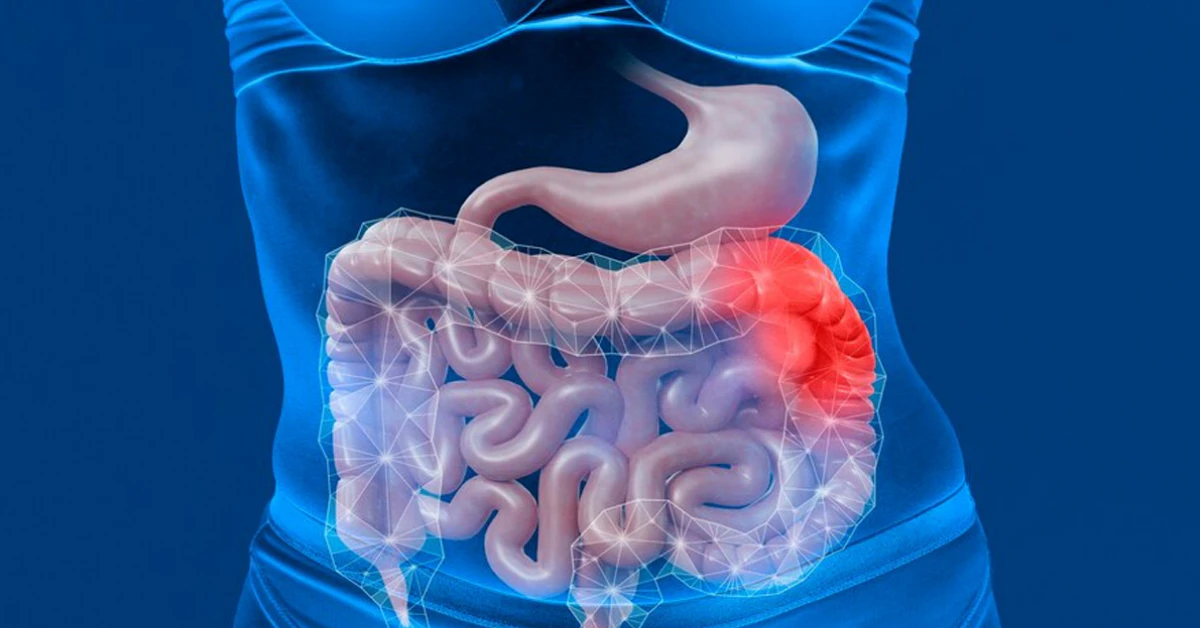

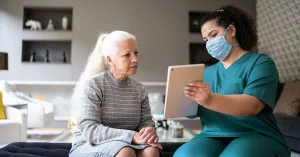
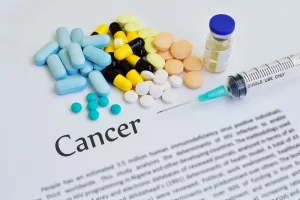
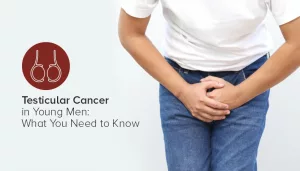
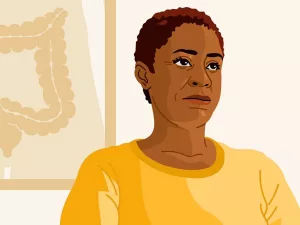

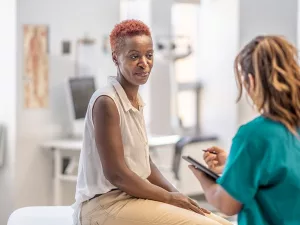
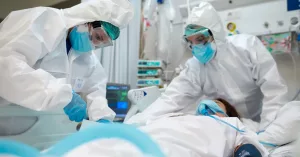


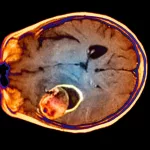
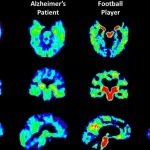



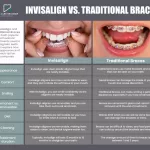
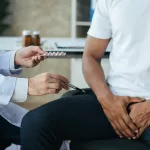




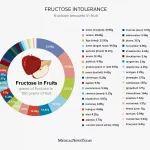

Leave a Reply
You must be logged in to post a comment.